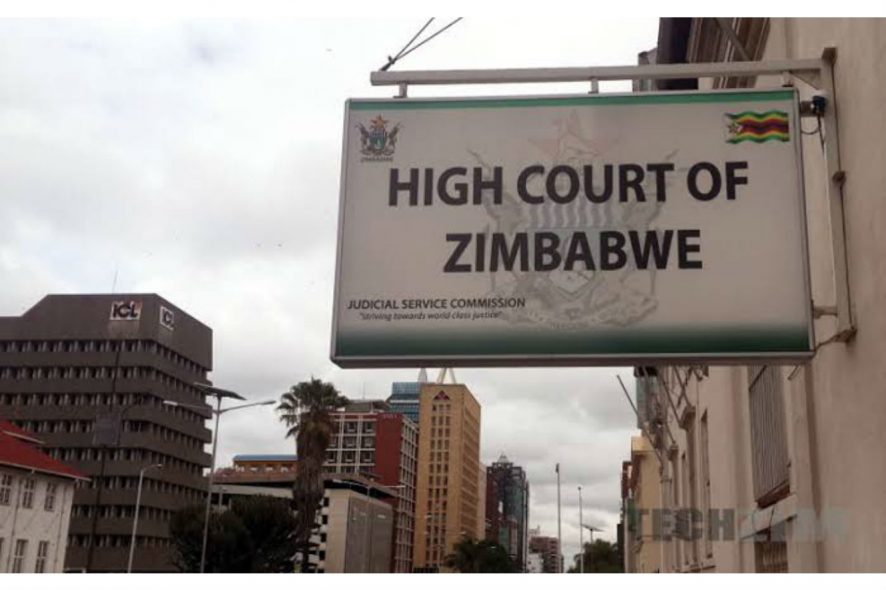Zimbabwe High Court: Bere J. awarded compensation to a transgender woman against whom the charge of criminal nuisance was framed under Section 46 of the Criminal Law (Codification and Reform) Act.
The plaintiff, a transgender woman was illegally detained and maliciously prosecuted by six members of the police reaction group called by the defendant on the ground that she resembled a man and used a women’s washroom. In the police station, she was subjected to constant mocking and jeering and was forced to undress so that the police can determine if she was a man or a woman. All these events resulted in post-traumatic disorder to the plaintiff.
The Magistrate’s Court terminated the charges against the plaintiff on grounds that there did not seemed to be any clear cut offence disclosed on the facts cognizable under Section 46 of the CLCR Act when read with the third schedule.
Mr P. Dube instructed by K.I Phulu, appearing on behalf of the plaintiff submitted by presenting a psychologist who treated the plaintiff after her trauma. It was further submitted that she was extorted for a $20 whiskey and when she denied, the police was called.
Mr L. Musika, appearing on behalf of the defendants, by their submission, denied the narration of facts and alleged that the compensation claimed was outrageous and told that they had no evidence for the same.
The Court, with respect to the above, began its judgment by discussing the status of transgender people and to do that they relied on the case of Navtej Singh Johar v. Union of India, (2018) 10 SCC 1, decided in the Supreme Court of India, as the court felt that this judgment had an international flavour to it. In the case of Navtej Singh Johar, it was observed by the Supreme Court that transgender are the people who, due to their hormonal composition defy their assigned sex at birth. The court also relied on the case of National Legal Services Authority v. Union of India, (2014) 5 SCC 438. in which it was observed that “gender identity is one of the most fundamental aspects of life which refers to a person’s intrinsic sense of being male, female or transgender person”; and “gender identity, therefore, refers to an individual’s self-identification as a man, woman, transgender or other identified category.”
The Court noted the facts of the case and opined that the plaintiff-woman was subjected to inhuman and degrading treatment by the police. She was deprived of her rights under Sections 50, 51 and 53 of the Constitution of the Republic of Zimbabwe.
It was held that transgender citizens are a part of the Zimbabwean society. Their rights should be recognised as other citizens and the Zimbabwean constitution does not provide for their discrimination and it would be delusional to waive off their rights and concluded its judgment by recommending that unisex toilets should be built to avoid recurrence of such events.
In the end, the High Court reaffirmed that illegal detention and malicious prosecution had taken place against the plaintiff and awarded her compensation of 400000 Zimbabwean Dollars. [Rickynathanson v. Faraimteliso, HB 176 of 2019, decided on 14-11-2019]







